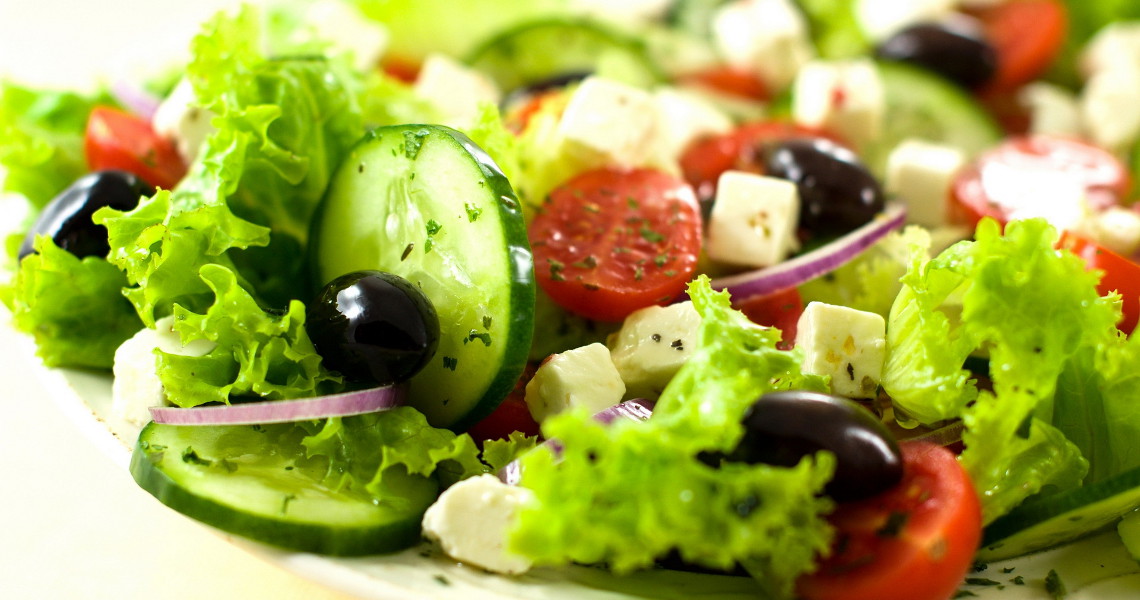Healthy Recipes and Nutritious Products

If you want to improve your health through nutrition, you need both healthy recipes and nutritious products. You can choose the healthiest foods in the world but without the right recipe, they can be just as unhealthy as fast food. Similarly, high-calorie products that are low in essential nutrients won’t get any healthier no matter which method you use to prepare them. For that reason it’s a good idea to start cooking more often and choose food products that go into your meals very carefully.
Healthy Doesn’t Have to be Complicated or Tasteless
Many people erroneously think that healthy meals are complicated to prepare or/and that they don’t taste as good as their less healthy counterparts. This, however, couldn’t be further from the truth. Preparing healthy meals may not be as easy or fast as “cooking” ready meals but with a little of exploring, patience and persistence, it is possible to cook yourself a super healthy meal – and super tasty too! - in half of an hour or less. You can find plenty of healthy, easy and tasty recipes online but if you are not exactly confident in your cooking skills, it may be worth to consider taking part in a cooking course/class that puts an emphasis on healthy meals and recipes.
Combining Healthy Recipes and Nutritious Products
The best thing about preparing your own meals is that it gives you full control over what goes in there, enabling you to eat smart and healthy. Of course, if you choose the ingredients wisely. Ideally, your diet plan should include foods from all major groups but while increasing the amounts of fruits and vegetables for instance, it is extremely important to cut down on food products high in fat, salt and sugar.
In particular, avoid foods high in saturated fat and replace them with foods high in unsaturated fat such as fatty fish, olive oil and avocado. But keep the portions small because they tend to be high in calories. The same goes for sugary food products which, despite being loaded with energy, tend to be low in essential nutrients. Also, try to limit salt intake. In addition to adding it less to your meals, you are also advised to read the labels of food products very carefully as many contain large amounts of “hidden” salt.
Watch What You Drink As Well
It doesn’t only matter what you eat but what you drinks as well. While there are many conflicting reports on drinks such as coffee and wine for instance, there is a widespread agreement that fizzy drinks, fruit juices and other sugary drinks don’t really have any nutritional value or benefits for health. On the contrary, they are a major contributor to the overweight and obesity epidemic because they are high in calories. So replace sugary drinks with water or at least limit their consumption.
